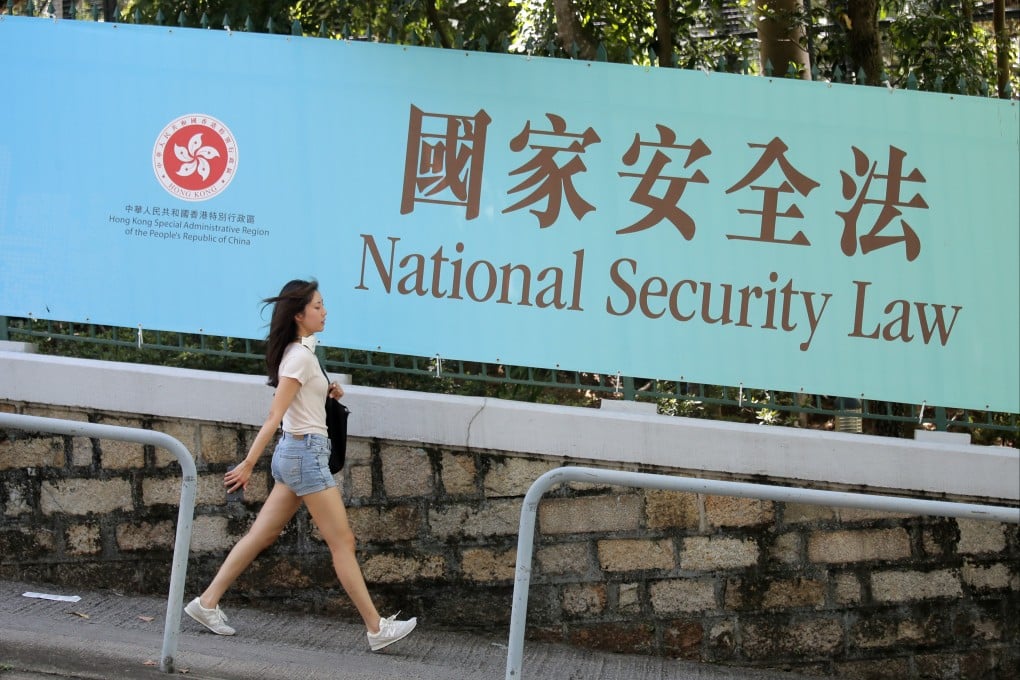My Take | Article 23 and the tragedy of Hong Kong
- The Basic Law as the constitutional foundation of the city contains two equally legitimate but contradictory visions which, in the end, prove to be incompatible

How different 2024 is from 2003. Hong Kong is in a different world now. Many of the old assumptions about what the city was and how it connected with mainland China and the rest of the world have been completely upended. We need to recognise the new realities and develop a new vocabulary to talk about them sensibly. And that includes Article 23.
It was in this completely changed world that last Tuesday, Hong Kong Chief Executive John Lee Ka-chiu introduced a month-long public consultation on the legislation of Article 23 under the Basic Law. But unlike when it was first being considered in 2003, is there any doubt that its legislation is now a foregone conclusion?
Critics, whether in Hong Kong or overseas, have predictably complained that the proposed law is too draconian, that its provisions on treason, secession, sedition, subversion and state secrets are too “vague” and too “broad”, and that the consultation period is too short. Expert or not, you would expect them to say that.
On the other hand, government officials and their allies in the legislature, of course, say the proposed legislation is just right.
The public response, meanwhile, has been distinctly underwhelming. Back in 2003, compounded by public frustration with the government’s handling of the Sars outbreak, hundreds of thousands took to the streets against the article’s legislation, which is a constitutional requirement. Beijing caved, and both the chief executive and security secretary ended up having to resign. Today, the resistance has been broken.
Back then, many were driven by fears that with the domestic security legislation, Beijing would be free to define “treason, secession, sedition, subversion and state secrets”, target individuals with those charges whenever it wanted, and interfere in the city’s affairs and freedoms.
The irony is that Beijing ended up in 2020 imposing the national security law in response to the 2019 anti-government riots; and that has made Article 23 legislation both unavoidable and without resistance. So now, instead of one security law, we will have two, not to mention the colonial-era law on sedition.
